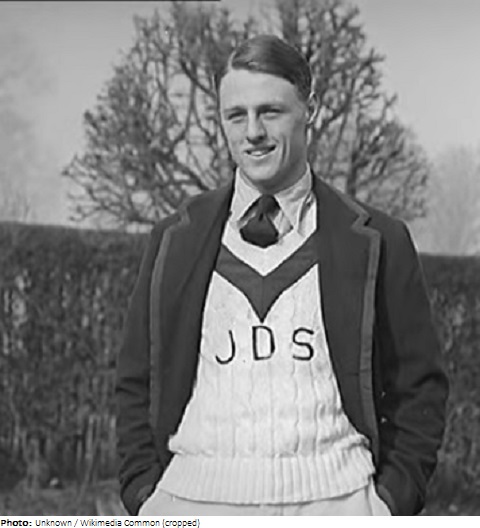The son of an Oxford physician, Jan Sturrock was educated at Winchester College before going to Magdalen College, Oxford, like his father before him. Also like his father, who served as a lieutenant-colonel in the Royal Medical Corps in World War I, and was awarded the Distinguished Service Order (DSO) and twice mentioned in dispatches, Sturrock had a distinguished Army career. He was commissioned into Royal Engineers from Oxford University, where he took an engineering degree, and during World War II was chief engineer with the Western Command. He served his country for 32 years, and when he retired had attained the rank of brigadier and was awarded the OBE in 1961. After retiring from the Army, Sturrock and his wife ran an equestrian centre at Market Overton, near Oakham in Rutland.
Sturrock started rowing seriously at Winchester and in 1933 was runner-up in the fours at the Public Schools Championship at Marlow. He first rowed at Henley in 1934, in the Magdalen College eight in the Grand Challenge Cup. Sturrock won his Blue in 1935, and he and Conrad Cherry were both persuaded to stay on at Oxford for another year after the 1936 Berlin Olympics, with the sole purpose of helping Oxford end the Cambridge domination of the Boat Race. It worked, as they won for the first time since 1923 and thus ended the Cambridge run of 13 wins. Also in 1937, as captain of Leander, he was in their four that won the Stewards’ Challenge Cup at Henley, beating the London Rowing Club in the final. Having won an Olympic coxless fours silver medal in 1936, Sturrock went one better, and rounded off a successful career with a gold in the England eight at the British Empire Games.

 Great Britain
Great Britain GBR
GBR